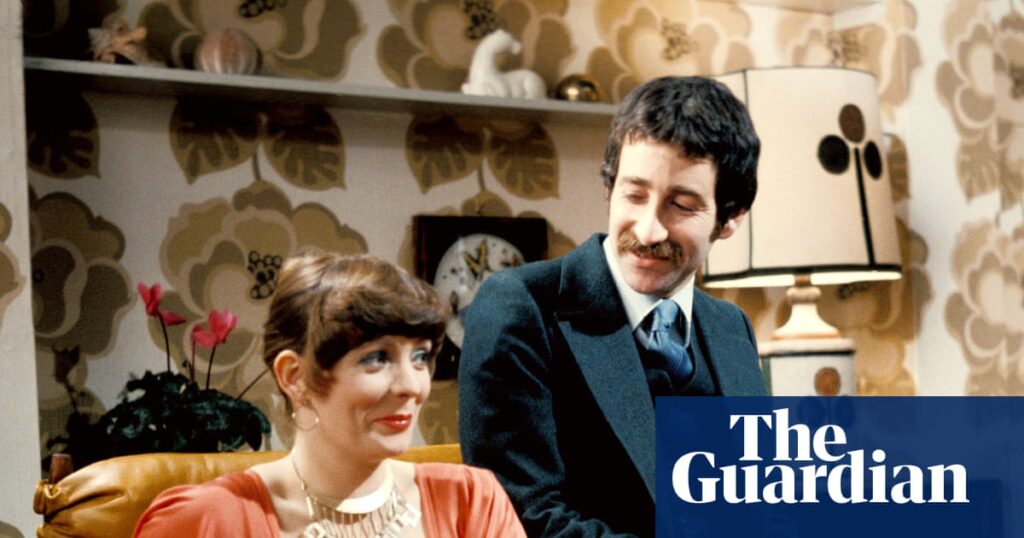It was one of the most influential British television series of the last century, renowned for exploring thorny societal issues and bringing the work of emerging talent, such as Ray Winstone, Alison Steadman, Helen Mirren and Dennis Potter, to mass audiences.
Now Play for Today is being revived on Channel 5, to give young writers, actors and producers from lower-income backgrounds a way into TV, helped by established talent.
Continuing the series’ history of politically charged social realism, the first four productions cover a failing Adolescence-style school in special measures, celebrity and historical abuse, ageing and money, and feature appearances from stars including Anita Dobson, Nigel Havers, Sue Johnston and Alan Davies.
The Channel 5 commissioning editor Paul Testar said Play for Today was “synonymous with high-quality standalone television dramas”. Its revival would help “shape the future of British drama”, he added, providing an “opportunity to support emerging talent behind the scenes – from writers and directors to production teams – especially those from lower-income backgrounds who haven’t always had clear pathways into the industry”.
Play for Today was a BBC One anthology drama series that ran from 1970 until 1984, designed “to rattle the cages of the establishment” and famed for bringing Abigail’s Party and Rumpole of the Bailey to the small screen.
It featured more than 300 productions, the most controversial of which was Scum – a prison drama starring Winstone that was considered so harrowing it was banned from broadcast and later remade as a film.
The drama in which Dobson stars, Never Too Late, is about ageing, rebellion and independence. She told the Guardian it would resonate because “[we] live in a society now where older people are living much longer, so it’s really important, I think, that their voices are heard as much as young people’s voices”.
“I hope it makes lots of people feel positive and hopeful that life is never over until the last bell rings.”
She praised Channel 5, for “teaching people new skills”, and the young crew she worked with on the show, some of whom were on their first production. “The joy they brought to work was just fantastic. They were willing; they were eager. Nothing was too much trouble.”
Dobson said Play for Today was “a wonderful institution” and lauded Channel 5 “for actually getting this kind of stuff on the screen”.
“More of that in TV would be wonderful, where you’ve got something really great to say about society and life, which is important.”
after newsletter promotion
Although TV drama has become increasingly expensive and glossy, Channel 5 has received plaudits for attracting audiences with homegrown series, such as All Creatures Great and Small and the working-class period drama The Hardacres. Its slate for this year includes more than 100 hours of original drama, compared with a handful a few years ago.
Channel 5’s chief content officer, Ben Frow, said reviving Play for Today “not only underlines our commitment to being a public service broadcaster, but also enables us to tackle subject matters that reflect some of the thornier issues affecting our audience, like the films in this first slate on a school under pressure from an Ofsted inspection, or the challenges of ageing.
“Just as importantly, as the original Play For Today helped establish the careers of some of Britain’s best writers, directors and producers, so we want to do the same – with a particular emphasis on talent from lower-income backgrounds.”
The first in the series will air later this year.

